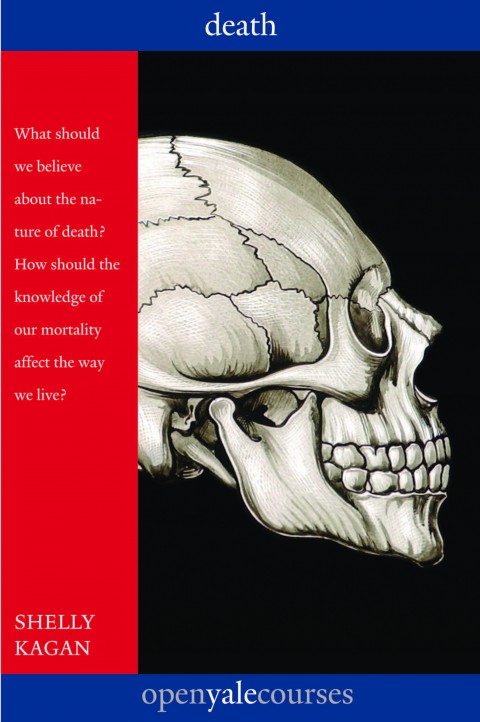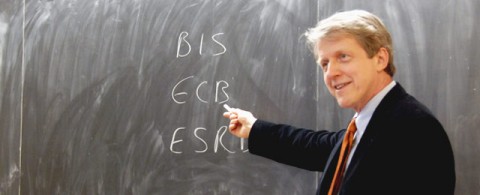This weekend, the Wall Street Journal published a gushing little profile on Sebastian Thrun. By now, you probably know his bio. Thrun helped invent the self-driving car at Google and taught artificial intelligence at Stanford, before ditching his tenured teaching position and launching Udacity, a new venture that offers MOOCs (Massive Open Online Courses) to students everywhere.
Also this weekend, Thrun kicked off an effort to “break the student record for the largest online class ever taught” with his new class, Introduction to Statistics: Making Decisions Based on Data. It starts June 25, and above you can watch Thrun give a short (Hans Rosling-like) introduction to the class. The course is entirely free and open to students everywhere. Students will receive dynamic feedback along the way, and diligent students will get a certificate of completion at the end. So what’s stopping you? Certainly not money or geography. Other courses starting on June 25 include:
Intro to Physics: Landmarks in Physics
Algorithms: Crunching Social Networks
Logic & Discrete Mathematics: Foundations of Computing
Software Testing: How to Make Software Fail
Related Content:
Coursera Adds Humanities Courses, Raises $16 Million, Strikes Deal with 3 Universities
Harvard and MIT Create EDX to Offer Free Online Courses Worldwide
Why the University System, as We Know It, Won’t Last …. and What’s Coming Next
Free Online Certificate Courses from Great Universities: A Complete List






